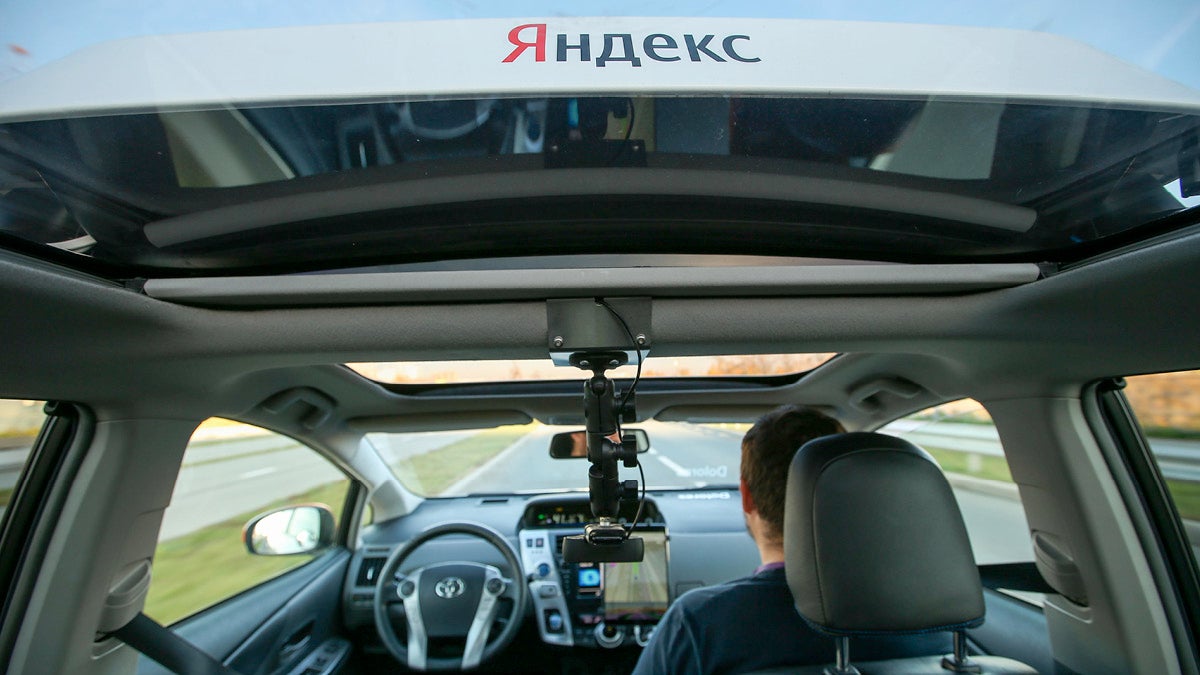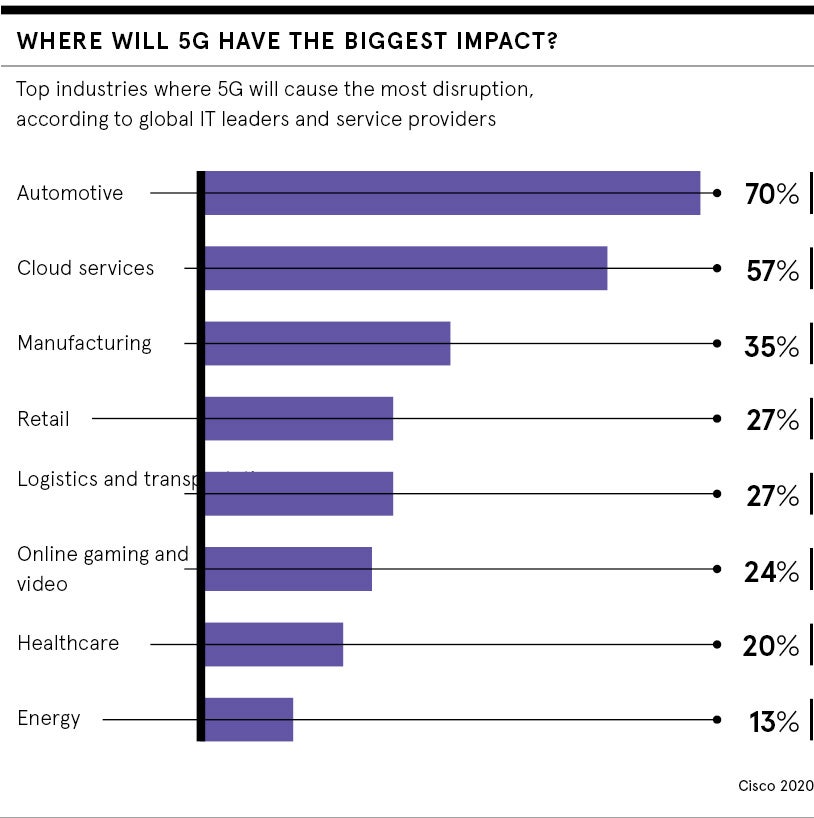
While there’s been talk for some time about the difference the next generation of mobile technology is likely to make to the way we live, it has been unclear just how 5G will change the world.
According to Mark Melling, 5G lead and head of Verizon Media’s branded content agency RYOT Studio, the shift centres on 5G’s ability to “supercharge technologies, such as artificial intelligence (AI), augmented reality (AR) and virtual reality (VR), to make them available for mass consumption”.
This scenario is possible because not only are connection speeds estimated to be between ten and one hundred times faster than 4G’s, but more data can also be transmitted across the network with minimal delay. Reliability is likewise much greater as connections do not drop out.
As a result, it becomes feasible to move much of the processing currently undertaken by individual devices into the cloud, which in turn enables the creation of a whole new set of richer applications and digital experiences.
Futurist Steve Brown, who founded consultancy Possibility and Purpose, explains: “We can use this technology to optimise traffic flow in our cities, improve the way we grow crops on farms and reimagine healthcare, education and the way our supply chains operate. While many technologies – AI, internet of things sensors, robotics, AR and others – will be part of this transformation, at the heart of all this change will be the 5G network that connects everything together.”
How 5G will change the world
As to how exactly 5G will change the world in day-to day terms, Melling believes it will enable the “true interaction of the physical and digital worlds in real time”.
In his view, we currently experience the two worlds as being quite separate, but in future he expects the digitalisation of the physical world to result in their merger. It’s a process that was accelerated earlier this year when social media giant Facebook and Pokémon GO developer Niantic both purchased AR startups to develop 3D maps of the physical world.
“Although we don’t have a digital representation of the world today, once we do, we could put on our AR glasses, say we want to find a certain building and the glasses would show us where it is, what it looks like, share its history and carbon footprint, and also take us there,” says Melling. “Some of this is possible now to a certain extent, but 5G will remove the friction points by moving data back and forth much more quickly.”
If AI is added to the mix, it becomes possible to process huge amounts of data in the cloud in real time, enabling automatic alerts to be sent to local authority waste disposal trucks telling them full rubbish bins require emptying, for instance. Connected cars would also be able to talk to a city’s parking system, locate and book the nearest free space, and navigate the driver directly to it.
Although many of the more sophisticated use-cases are unlikely to become reality for another five to ten years, 5G’s mainstream adoption in the major cities of advanced economies, such as the UK and America, should occur over the next three or four, Bill Ray, Gartner’s UK senior director analyst for 5G, predicts.

3 ways 5G will change the world
1. Healthcare
Mr Brown believes 5G networks will “usher in a new era of remote care”. Simple home-based devices will monitor and automatically manage the health of people living with chronic conditions, such as diabetes. Wearable devices will alert those in the wider population if any health anomalies are detected, facilitating a conversation with doctors based on the data they gather.
Further down the line, 3D X-rays will become commonplace, while performing precision robotic surgery on people in rural areas from a remote hospital will become possible. 5G-connected ambulances will interact with the local traffic network in an emergency situation to set traffic lights and inform other motorists of their location, thereby ensuring their path is clear.
2.Retail
5G will change the world of retail in future by providing shoppers with “a far more personalised experience”, says Mr Ray. 5G-enabled AR and VR-based systems will enable consumers to view how a piece of furniture would look in their living room or an item of clothing on their bodies – all in 3D – and to ask for alternatives using voice commands or gestures.
In-store, simply pointing their ‘phone at a food shelf will bring up a list of product ingredients so they can establish which ones are ethically-sourced and which are nut-free.
In around 15 years’ time though, Guillermo Pedraja head of networks, 5G and IOT at IT services provider NTT Data UK, forecasts that, rather than customers driving to the supermarket themselves, self-driving shopping carts will fulfil their orders and negotiate traffic systems to deliver goods to their home.
3. Entertainment
There will be big shifts in the worlds of entertainment and sport as content moves from a 2D to 3D format and becomes increasingly interactive, believes Mr Melling.
Movies and TV shows will migrate from green screens to smart stages and virtual sets, created on the same platforms as today’s computer games. Live sports events, meanwhile, will be filmed using 3D cameras.
This means that, in future, entertainment will become increasingly interactive, real-time and viewable from 360 degrees. In other words, viewers will be able to watch film and shows from inside the set and move around inside it, viewing the action from different angles and interacting with the characters, not as an avatar but as a photo-real version of themselves.
“The speed and amount of data 5G can deal with at any given time offers a huge step up in terms of providing richer, more interactive experiences,” Mr Melling concludes.

While there’s been talk for some time about the difference the next generation of mobile technology is likely to make to the way we live, it has been unclear just how 5G will change the world.
According to Mark Melling, 5G lead and head of Verizon Media’s branded content agency RYOT Studio, the shift centres on 5G’s ability to “supercharge technologies, such as artificial intelligence (AI), augmented reality (AR) and virtual reality (VR), to make them available for mass consumption”.
